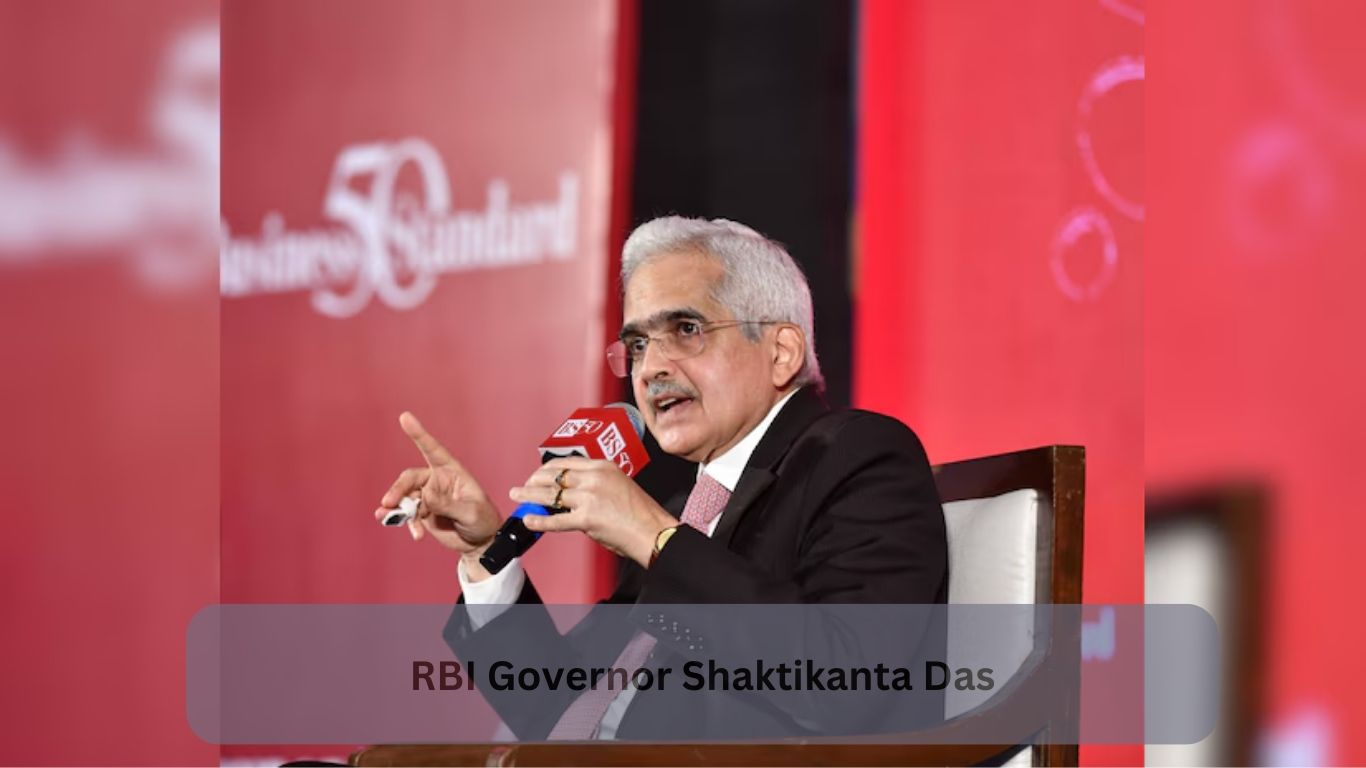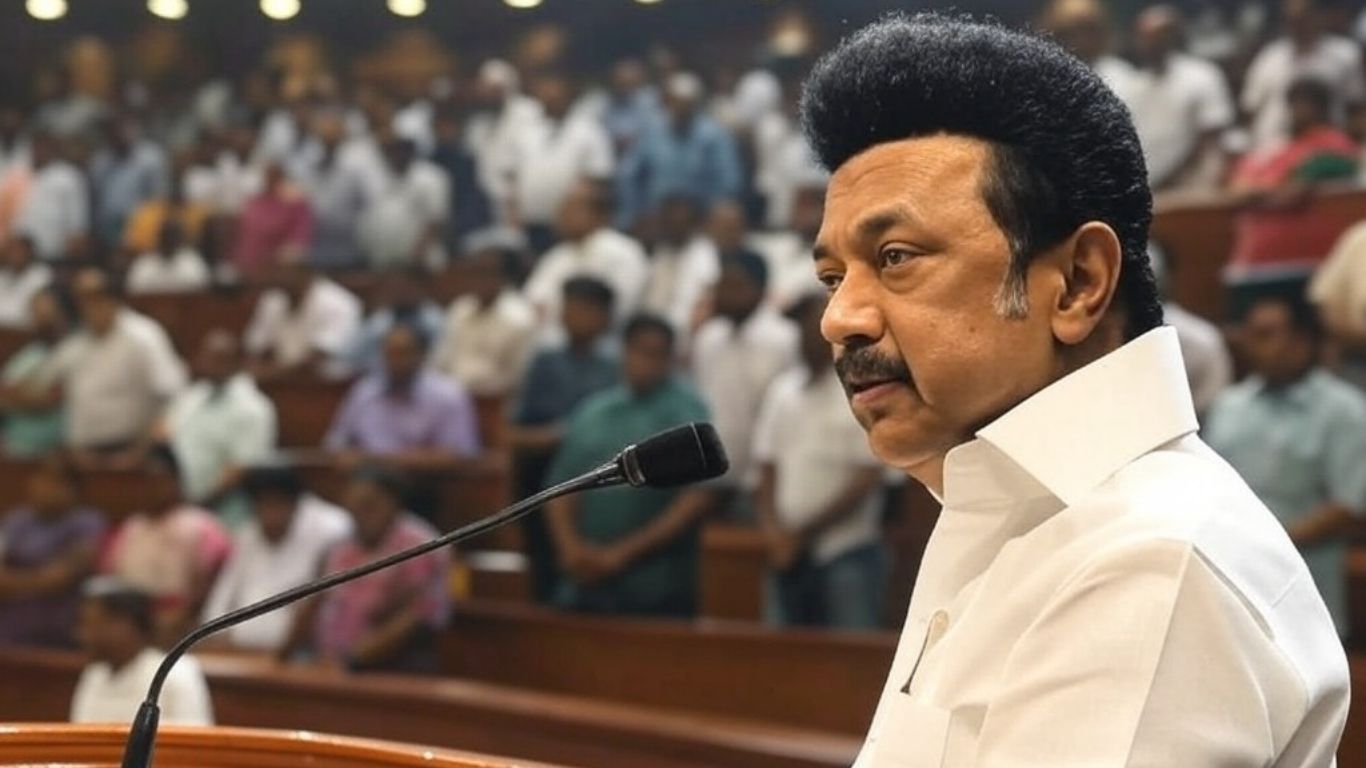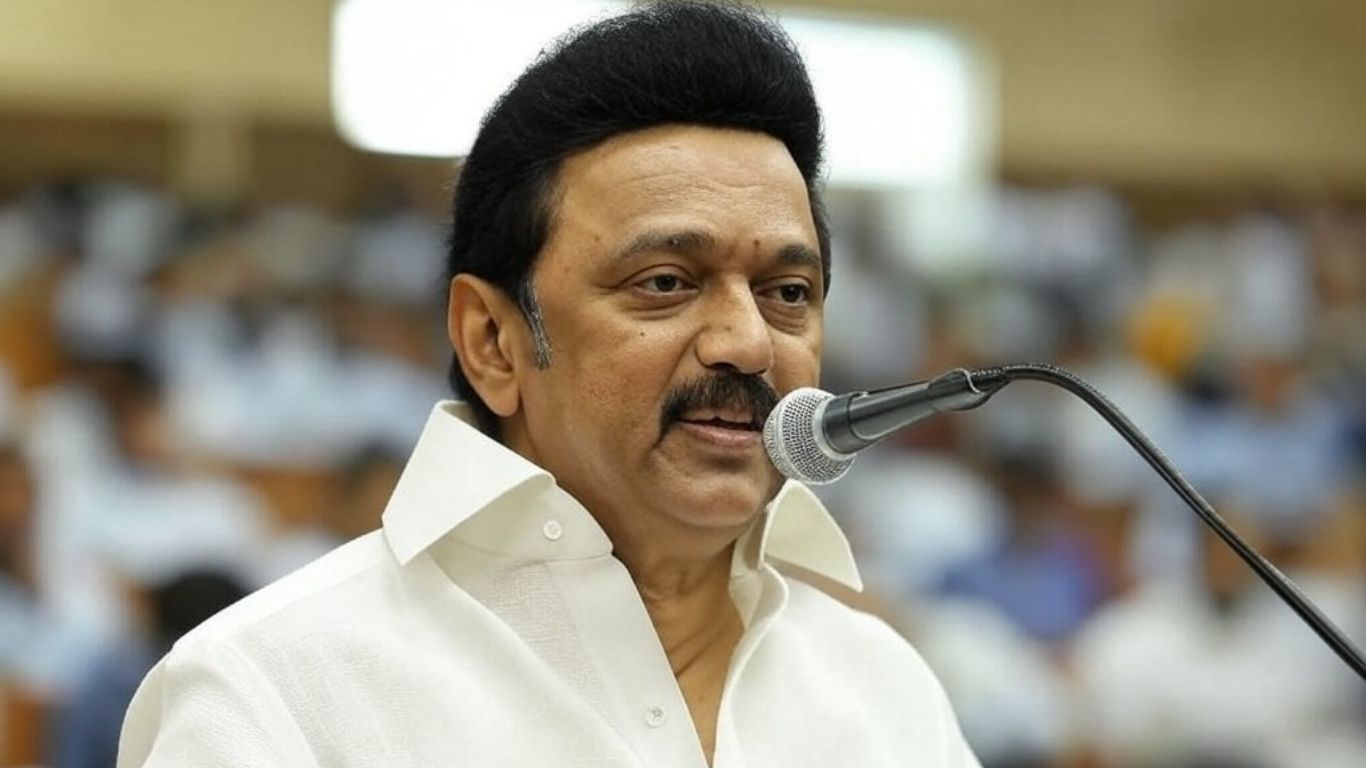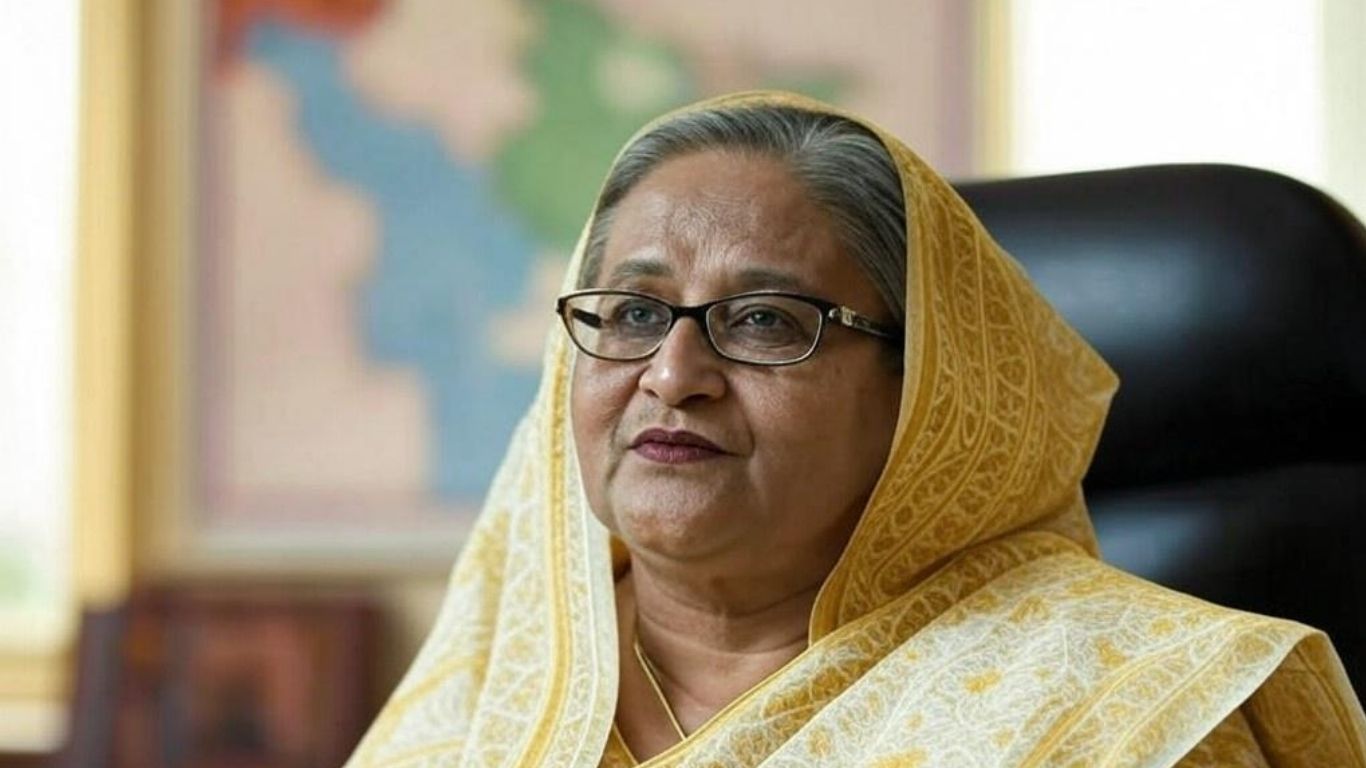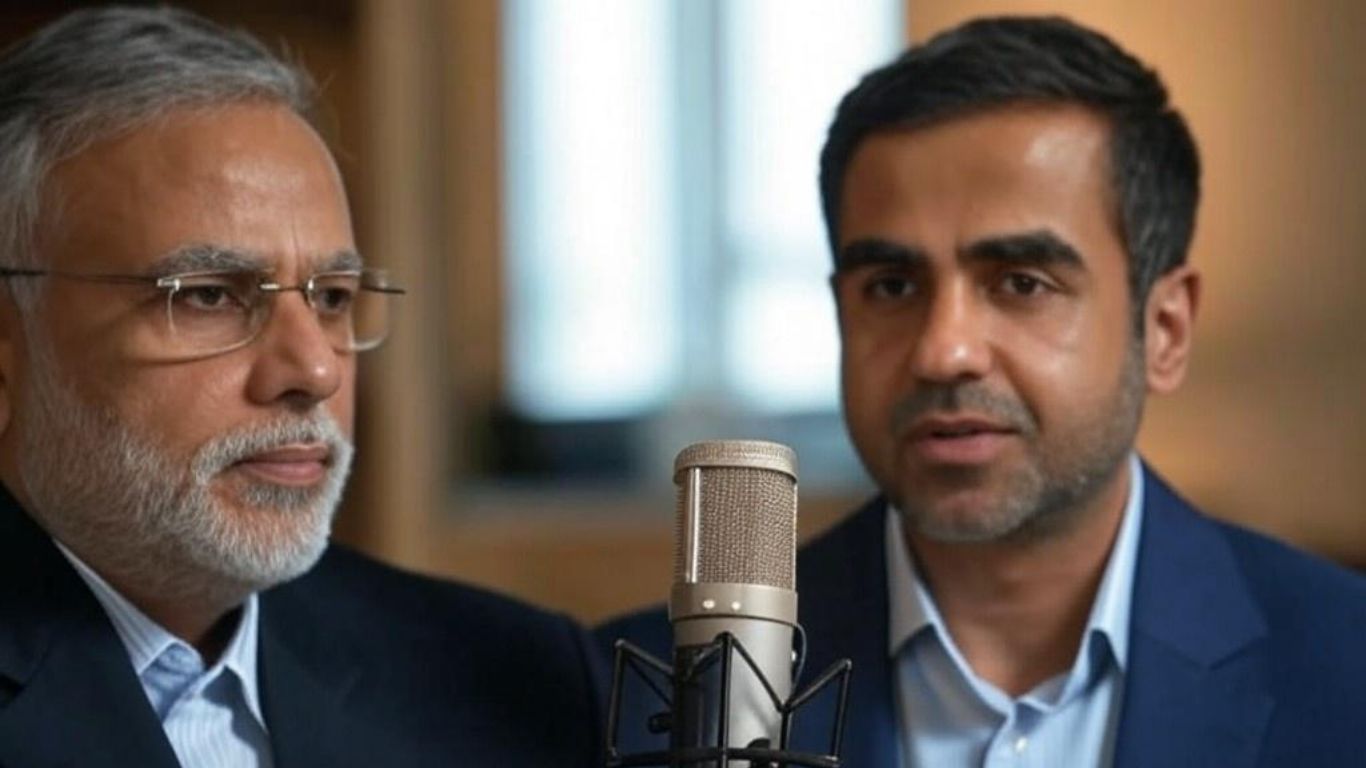The Reserve Bank of India (RBI) has decided to keep its benchmark interest rate, the repo rate, steady at 6.5% during its final Monetary Policy Committee (MPC) meeting of the year. This decision comes despite a slowdown in economic growth and increasing calls from government officials to lower rates to support businesses and boost economic activity.
Why the RBI Maintained the Rate
- The repo rate, which has remained unchanged since February 2023 after a total increase of 250 basis points between May 2022 and February 2023, is aimed at controlling inflation.
- Inflation remains a concern, particularly in food prices, which have pushed retail inflation to 6.21% in October, far above the RBI’s target of 4%.
- RBI Governor Shaktikanta Das emphasized that price stability is essential for long-term economic growth.
Government’s Push for Rate Cuts
- Union commerce minister Piyush Goyal argued that interest rates need to be lowered to stimulate growth, calling it “flawed” to factor food inflation into rate decisions.
- Finance minister Nirmala Sitharaman echoed this sentiment, suggesting that affordable interest rates are critical for industries to expand and build capacity.
Growth Forecasts Lowered
- The RBI reduced its growth forecast for the fiscal year to 6.6% from the earlier 7.3%, following a slowdown in GDP growth to a seven-quarter low between July and September 2024.
How the Repo Rate Affects the Economy
- The repo rate is the interest rate at which commercial banks borrow money from the RBI, while the reverse repo rate is the rate at which the RBI borrows from banks.
- Higher rates make borrowing more expensive, reducing the money supply and helping to control inflation. Conversely, lower rates encourage borrowing and investments, stimulating economic growth.
While the government has called for lower rates to boost growth, the RBI has prioritized controlling inflation. Governor Das emphasized the need for a balanced approach, ensuring price stability while supporting economic development. The decision reflects a cautious stance as the RBI navigates inflationary pressures and slower growth.











